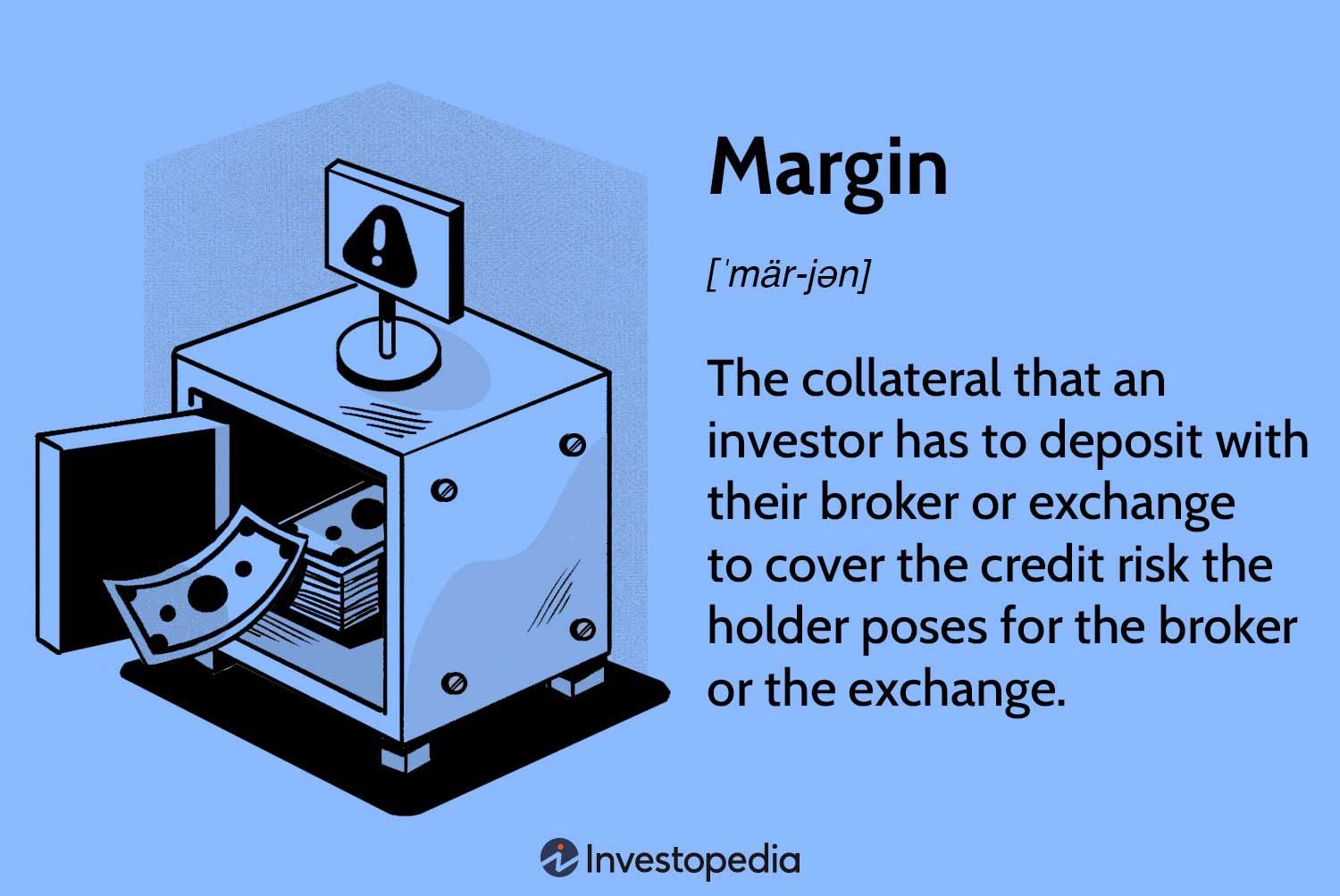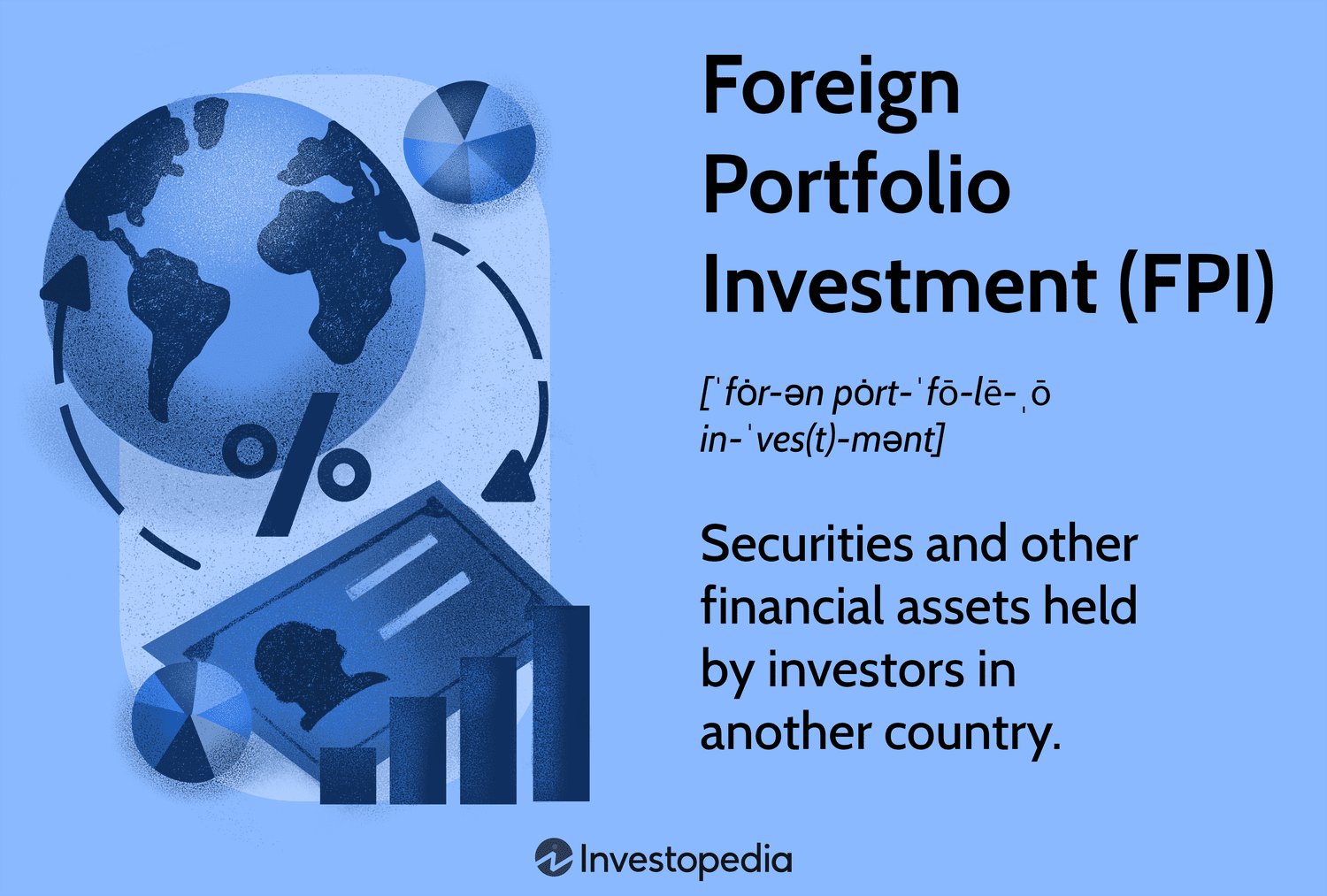Looking for the right mutual fund may seem like a daunting task, but fret not! Choosing the perfect mutual fund that aligns with your financial goals is not as complicated as it may appear. In this article, we will walk you through the essential factors to consider when making this crucial decision. How to choose the right mutual fund for you? Don’t worry, we’ve got you covered. So, let’s dive right into the world of mutual funds and equip you with the knowledge you need to make an informed investment choice.
How to Choose the Right Mutual Fund for You
Choosing the right mutual fund can be a daunting task, especially with the vast array of options available in the market. However, with careful consideration and understanding of your financial goals and risk tolerance, you can confidently select a mutual fund that aligns with your investment objectives. In this article, we will explore the key factors to consider when choosing a mutual fund and provide you with valuable insights to help you make an informed decision.
1. Define Your Investment Goals
Before diving into the world of mutual funds, it’s crucial to clearly define your investment goals. Ask yourself what you want to achieve with your investments. Are you looking for long-term growth, generating income, or preserving capital? Defining your objectives will help narrow down the mutual fund options available to you.
2. Understand Your Risk Tolerance
Another important aspect of choosing the right mutual fund is understanding your risk tolerance. Every investment carries a certain level of risk, and different mutual funds have varying risk profiles. Assess your comfort level with market fluctuations and potential losses to determine the appropriate risk level for you. Generally, if you have a longer investment horizon, you may have a higher risk tolerance, whereas shorter-term goals often require a more conservative approach.
3. Consider Your Time Horizon
Your investment time horizon plays a significant role in selecting the right mutual fund. Determine how long you intend to stay invested before needing to access your funds. If you have a longer time horizon, you may have more flexibility to invest in funds with higher growth potential. For shorter-term goals, it’s advisable to opt for more stable and conservative options.
4. Evaluate Fund Performance
One of the key indicators of a mutual fund’s potential is its historical performance. While past performance is not a guarantee of future returns, it can provide insights into a fund’s ability to generate consistent results. Look for funds that have demonstrated strong performance over different market cycles and compare their returns to relevant benchmarks. Keep in mind that consistency over time is often more desirable than a one-time exceptional performance.
5. Assess Fund Expenses
Mutual funds have associated costs known as expense ratios, which cover the fund’s operating expenses. These expenses can significantly impact your overall returns, so it’s important to carefully evaluate them. Compare the expense ratios of different funds within the same category and choose those with lower costs. However, it’s essential to consider other factors such as fund quality and performance alongside expenses.
6. Determine the Fund’s Investment Style
Mutual funds can have various investment styles, such as growth, value, or a blend of both. Understanding the fund’s investment style is crucial as it determines the types of securities the fund manager will invest in. If you prefer companies with strong growth potential, a growth-oriented fund might be more suitable for you. On the other hand, if you seek undervalued stocks, a value-oriented fund may be the better choice.
7. Consider Fund Management
The fund manager’s experience and expertise can greatly influence the fund’s performance. Research the fund manager’s track record and investment philosophy to gain insights into their investment approach. Determine whether the fund manager has successfully navigated different market conditions and if their investment strategy aligns with your goals and risk tolerance. Consistency in fund management is a desirable attribute.
8. Identify the Fund’s Investment Holdings
Examining the composition of a mutual fund’s portfolio is crucial in determining the type of assets it holds. Look for diversification across different sectors, industries, and geographic regions. A well-diversified fund can help mitigate risk by spreading investments across various holdings. Additionally, consider the fund’s top holdings and assess whether they align with your investment objectives.
9. Evaluate Fund Size and Assets Under Management (AUM)
The size of a mutual fund can have implications on its performance and flexibility. While larger funds may provide stability and expertise, they can also face challenges in generating significant returns due to their size. Smaller funds, on the other hand, might be more agile and have the potential for higher growth. It’s essential to strike a balance and choose a fund that aligns with your investment goals.
10. Take Advantage of Professional Advice
If you feel overwhelmed or unsure about choosing a mutual fund, consider consulting a financial advisor. A professional advisor can help assess your financial situation, goals, and risk tolerance to recommend suitable fund options. They can provide valuable insights and expertise to guide you in making an informed decision. However, it’s important to choose a reputable advisor who acts in your best interest.
In conclusion, choosing the right mutual fund requires careful consideration of your investment goals, risk tolerance, time horizon, fund performance, expenses, investment style, fund management, investment holdings, fund size, and professional advice. By thoroughly evaluating these factors, you can select a mutual fund that aligns with your objectives and sets you on the path toward financial success. Remember, investing involves risks, and it’s essential to regularly review your investments to ensure they remain aligned with your goals and risk tolerance.
How Do I Pick the Right Mutual Funds?
Frequently Asked Questions
Frequently Asked Questions (FAQs)
How do I choose the right mutual fund for me?
Choosing the right mutual fund for you involves considering several factors:
- Identify your financial goals and investment objectives.
- Assess your risk tolerance and time horizon for investing.
- Research different types of mutual funds, such as equity funds, bond funds, or balanced funds.
- Analyze the fund’s past performance and compare it with similar funds in the category.
- Consider the fund’s expense ratio and fees.
- Check for any minimum investment requirements.
- Read the fund’s prospectus to understand its investment strategy and holdings.
- Consult with a financial advisor if needed.
What are the different types of mutual funds?
Mutual funds come in various types:
- Equity funds: Invest in stocks and aim for capital appreciation.
- Bond funds: Primarily invest in fixed-income securities like corporate or government bonds.
- Money market funds: Invest in short-term, low-risk securities.
- Index funds: Mimic the performance of a particular index, such as the S&P 500.
- Sector funds: Concentrate investments within a specific industry or sector.
- Target-date funds: Shift allocation over time based on the investor’s retirement target date.
What is the importance of considering risk tolerance?
Considering your risk tolerance is crucial when choosing a mutual fund because it determines the level of volatility you are comfortable with. Higher-risk funds may have greater potential for returns but also higher chances of losses. Understanding how much risk you can tolerate will help you select a mutual fund that aligns with your investment goals and personal comfort level.
How can I evaluate a mutual fund’s past performance?
When evaluating a mutual fund’s past performance, consider the following:
- Look at the fund’s performance over different time periods (e.g., 1, 3, 5 years, or longer).
- Compare the fund’s performance to relevant benchmarks or similar funds.
- Assess if the fund has consistently generated positive returns or if it experienced any significant losses.
- Consider the fund manager’s track record and experience.
- Remember that past performance does not guarantee future results.
What is an expense ratio and why is it important?
An expense ratio represents the annual fee charged by the mutual fund company to manage the fund. It covers operating expenses, management fees, administrative costs, etc. It is important to consider the expense ratio because it directly affects the fund’s returns. Lower expense ratios mean more of your investment stays invested, potentially leading to higher long-term returns.
Should I consider the fund size when selecting a mutual fund?
While fund size is a factor to consider, it should not be the sole determining factor. Small or large funds both have their advantages. Larger funds may offer more stability and resources, while smaller funds might be more agile and have the potential for growth. It’s important to focus on other factors like performance, expense ratio, and investment strategy in addition to the fund size.
What should I look for in a mutual fund’s prospectus?
When reviewing a mutual fund’s prospectus, pay attention to the following:
- Investment objectives and strategies of the fund.
- Top holdings and sector allocation.
- Risk factors associated with the fund.
- Expense ratio and fees.
- Historical performance.
- Management team and their experience.
- Any specific requirements or restrictions.
Is it necessary to consult a financial advisor?
While it is not necessary, consulting a financial advisor can provide valuable guidance and personalized recommendations based on your specific financial situation and goals. A financial advisor can help you navigate through the available options, explain complex concepts, and assist in making informed decisions about mutual fund investments.
Final Thoughts
Choosing the right mutual fund for you is crucial for long-term financial success. Start by identifying your investment goals, risk tolerance, and time horizon. Conduct thorough research on different mutual funds, analyzing their past performance, expense ratios, and fund managers’ expertise. Diversify your portfolio by investing in a mix of equity, debt, and balanced funds. Consider the fund’s investment strategy and align it with your financial objectives. Regularly review and rebalance your portfolio to maintain a suitable asset allocation. Consult with a qualified financial advisor if needed. Making informed decisions ensures that you effectively choose the right mutual fund for you.



